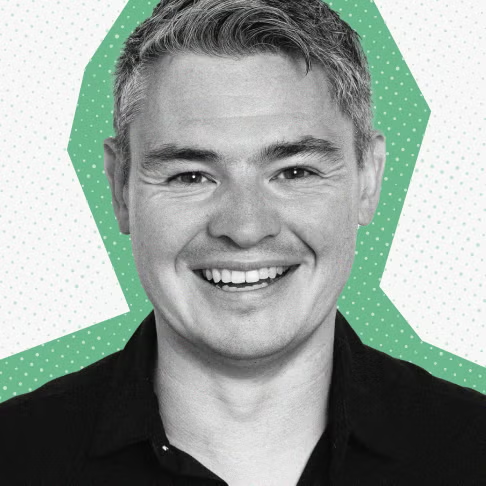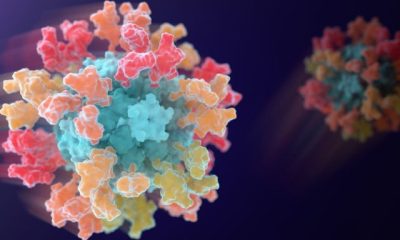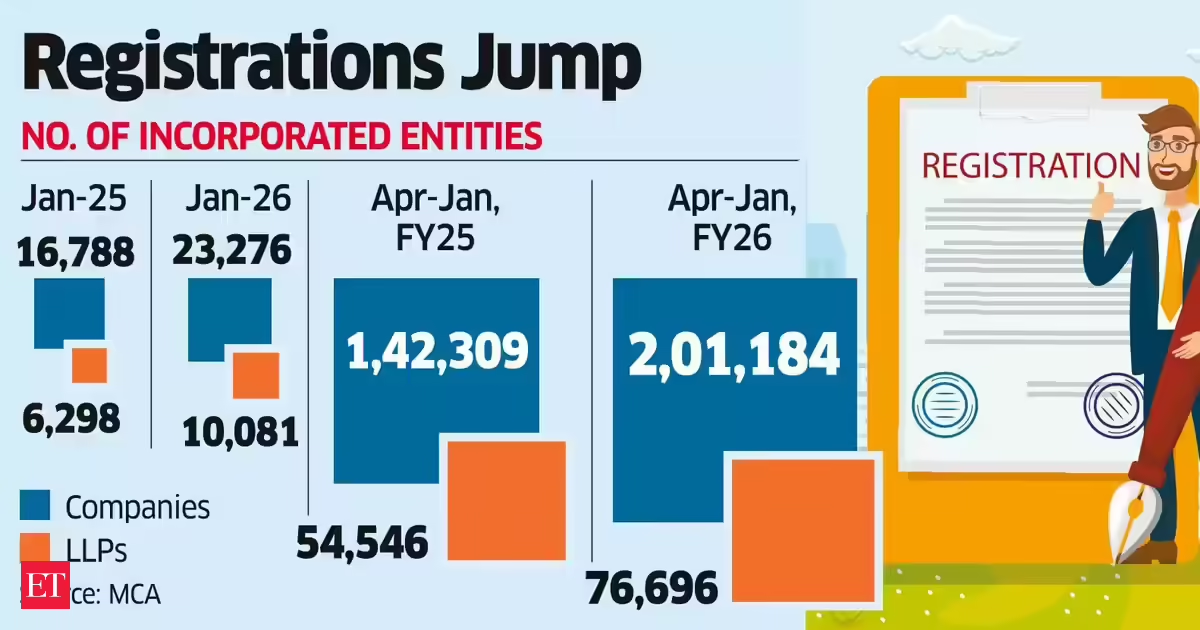Manchester United ticked off another game in their race for Champions League football thanks to Benjamin Sesko’s smart finish in added time at West Ham
Manchester United are six points above Liverpool in the Premier League top five after drawing 1-1 with West Ham United on Tuesday night. Benjamin Sesko’s injury-time leveller maintained Michael Carrick’s unbeaten start to life in interim charge.
The draw moves United up to 45 points, with Chelsea just one point behind after their 2-2 draw against Leeds United. Liverpool face Sunderland on Wednesday night before the Premier League pauses for FA Cup action this weekend.
United are next in action on February 23 when they travel to Everton. Here, the Manchester Evening News takes a look at United’s upcoming fixture list compared to some of their Premier League rivals.
FOLLOW OUR MAN UNITED FB PAGE! Latest news and analysis via the MEN’s Manchester United Facebook page
Manchester United
Everton (A) – Feb 23 (8pm) – Premier League
Crystal Palace (H) – Mar 1 (2pm) – Premier League
Newcastle (A) – Mar 4 (8.15pm) – Premier League
Aston Villa (H) – March 15 (2pm) – Premier League
Bournemouth (A) – March 20 (8pm) – Premier League
Aston Villa
Brighton (H) – Feb 11 (7.30pm) – Premier League
Newcastle (H) – Feb 14 (5.45pm) – FA Cup
Leeds (H) – Feb 21 (3pm) – Premier League
Wolves (A) – Feb 27 (8pm) – Premier League
Chelsea (H) – March 4 (7.30pm) – Premier League
Manchester City
Fulham (H) – Feb 11 (7.30pm) – Premier League
Salford (H) – Feb 14 (3pm) – FA Cup
Newcastle (H) – Feb 21 (12.30pm) – Premier League
Leeds United (A) – February 28 (5.30pm) – Premier League
Nottingham Forest (H) – March 4 (7.30pm) – Premier League
Chelsea
Hull City (A) – Feb 13 (7.45pm) – FA Cup
Burnley (H) – Feb 21 (3pm) – Premier League
Arsenal (A) – March 1 (4.30pm) – Premier League
Aston Villa (A) – March 4 (7.30pm) – Premier League
Newcastle (H) – March 14 (5.30pm) – Premier League
Liverpool
Sunderland (A) – Feb 11 (8.15pm) – Premier League
Brighton (H) – Feb 14 (8pm) – FA Cup
Nottingham Forest (A) – Feb 21 (3pm) – Premier League.
West Ham (H) – Feb 28 (3pm) – Premier League
Wolves (A) – March 3 (8.15pm) – Premier League
Sky Sports discounted Premier League and EFL package

Sky has slashed the price of its Essential TV and Sky Sports bundle for the 2025/26 season, saving members £336 and offering more than 1,400 live matches across the Premier League, EFL and more.
Sky will show at least 215 live Premier League games this season, an increase of up to 100 more.
Here at The Manchester Evening News, we are dedicated to bringing you the best Manchester United coverage and analysis.
Make sure you don’t miss out on the latest United news by joining our free WhatsApp group. You can get all the breaking news and best analysis sent straight to your phone by clicking here to subscribe.
You can also subscribe to our free newsletter service. Click here to be sent all the day’s biggest stories.
And, finally, if you would rather listen to our expert analysis then make sure to check out our Manchester is Red podcast. Our shows are available on all podcast platforms, including Spotify and Apple Podcasts, and you can also watch along on YouTube.




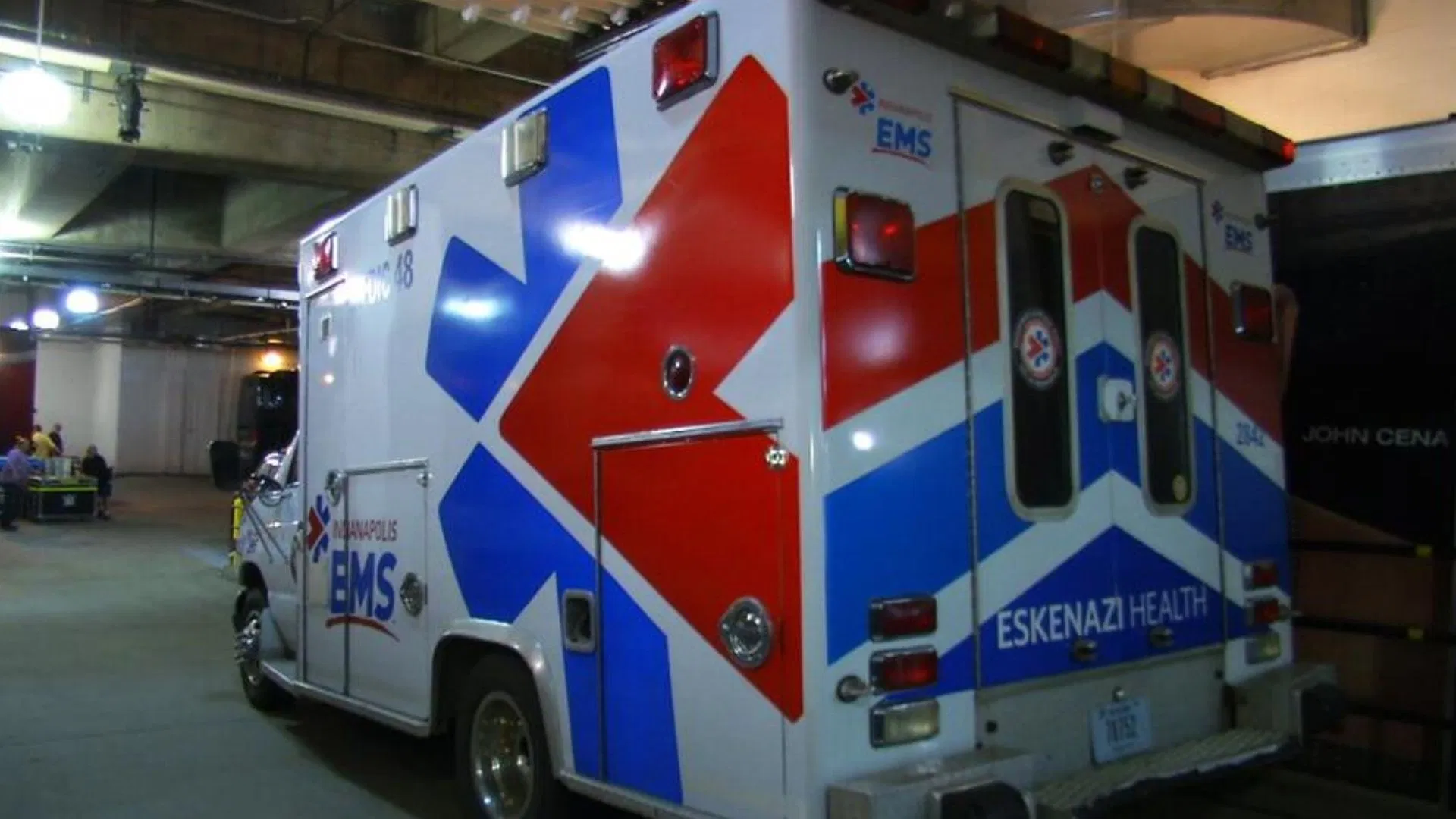
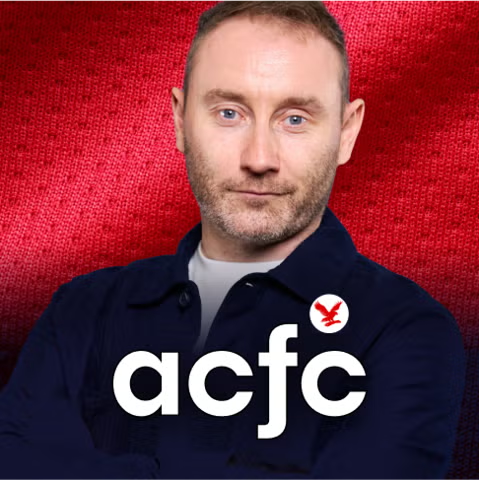












 Michigan’s Big 10 schedule is among the most difficult of any league slate in the country for 2026.
Michigan’s Big 10 schedule is among the most difficult of any league slate in the country for 2026. 













